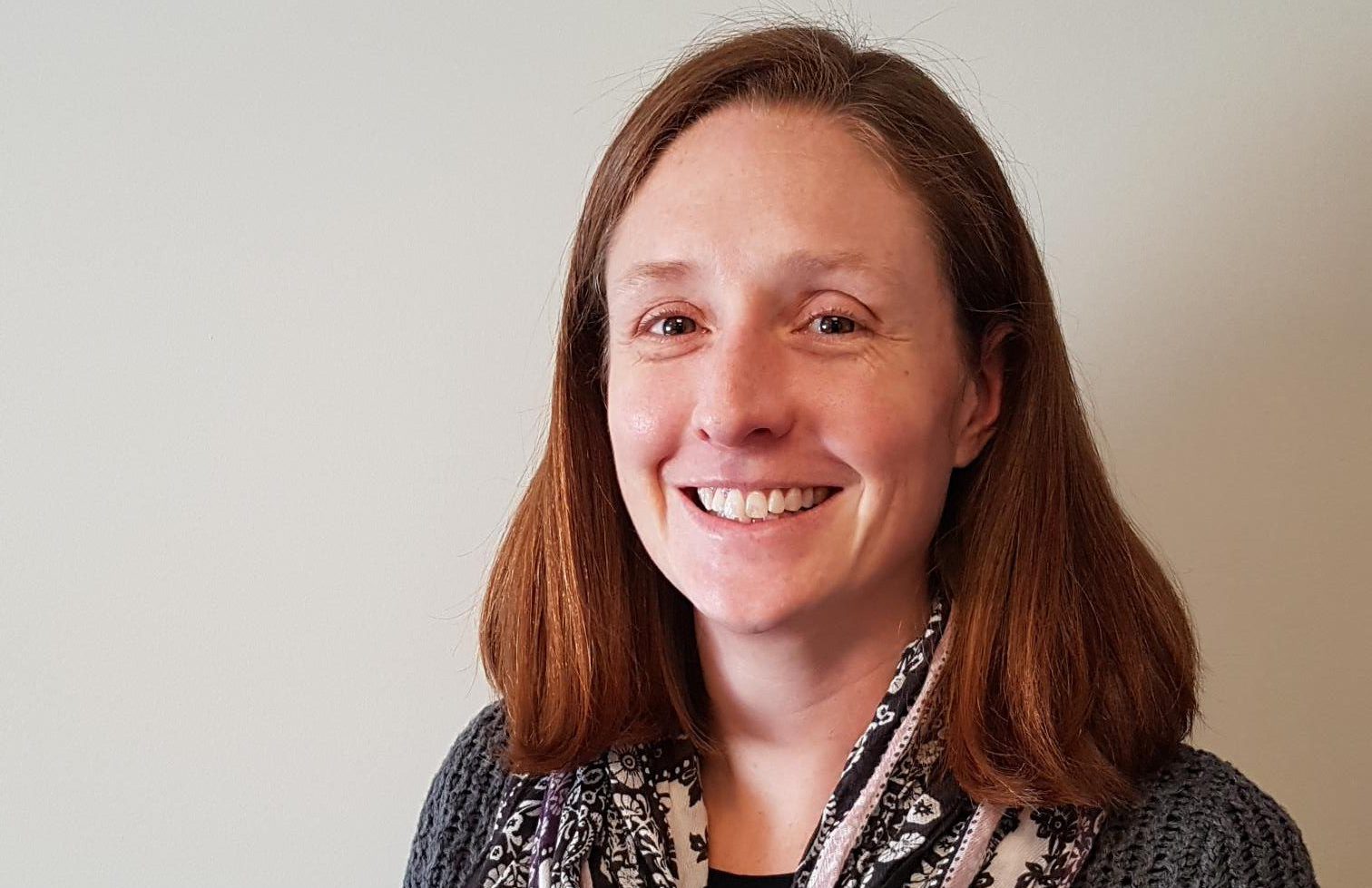The Medical Officer of Health at the Haliburton, Kawartha, Pine Ridge District Health Unit has some advice for area residents as the pandemic continues its fourth wave.
“Our goal is to figure out how we live as a community and a society with it,” says Dr. Natalie Bocking. “We know there are going to be ups and downs and I don’t think it is going away any time soon, within this decade. We know it will continue to mutate, there might be additional variants, so I think it is how we figure out a balance of living with it, what level of risk we are comfortable with, and then perhaps in high peak seasons we have some measures and in between we don’t.”
Bocking says she remains hopeful that vaccinations will continue to decrease the level of risk for communities associated with outbreaks.
“We are relatively early in this pandemic compared to historical ones,” she said. “I would certainly tell people not to give up hope. We need to weather this storm for the next couple of weeks or months, but we will come out the other side and continue to figure out a balanced way of living with this virus.”
Provincial Medical Officer of Health Dr. Kieran Moore announced earlier this week that long-term care and retirement homes would be facing new measures including testing of all staff, students, volunteers, and caregivers, despite their vaccination status. Residents are also being discouraged from any overnight visits with family or friends this Christmas season. Any resident who does will be subjected to discharge from their home and will have to apply for re-admission although no details have been released.
Bocking says long-term care is a difficult balancing act for health authorities.
“There are harms associated with the public health measures we are using to try and prevent infection. We know there are ramifications in mental and emotional health for seniors,” she says.
She adds that protecting residents does need to be a priority based on history.
“We are so far along in the pandemic that in some ways we are forgetting the significant toll that COVID-19 had on long-term care homes in the first wave with very high mortality rates. We have had some comfort in knowing the protective effect of vaccinations among residents and that has provided a sense of comfort,” she said. “With Omicron there is a sensitive concern that we don’t want to see the impact on homes that we previously saw.”
She adds that if nothing happens people will say more restrictions weren’t needed and if it happens, they will say it wasn’t strong enough. “This is part of the ongoing road of this pandemic.”
There has been a spike in the number of COVID-19 cases recently in the health unit area, and one positive test could be the Omicron variant but that has not been confirmed. Bocking says she is closely monitoring local numbers as well as numbers at neighbouring health units and is not ruling out local measures.
“Decreasing capacity limits, enhancing physical distancing, and masking requirements, I think it would be familiar measures that we’ve seen in our earlier steps of the regulations in the Reopening Ontario Act,” she finished



